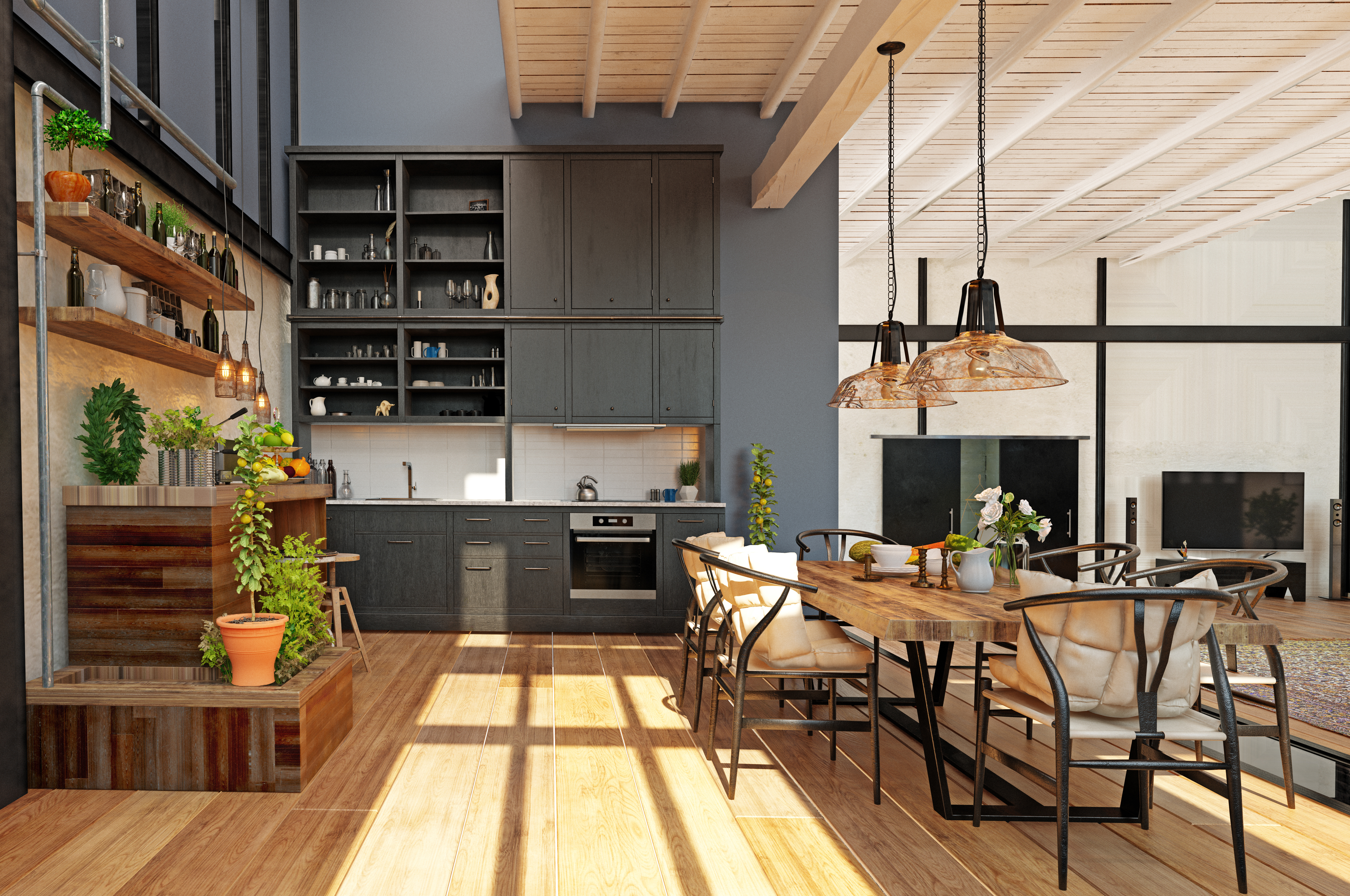Lettings: How to Maximise Your Property to Let
As a buy-to-let landlord, you have made a significant investment in a highly valuable asset, so it makes sense to maximise your rental income and make a profit. Here are our top tips to help you achieve your goals.
Expand your market
The key to any investment is understanding your market and potential demographic. When it comes to buy-to-let, you’ll need to gain a keen understanding of who your potential tenants are and how to reach them. This could mean investing in marketing (including professional photos), determining a correct rental price with the help of an agent, and being readily available to receive calls and emails.
Keep the property updated and fresh

Improvements do not need to be elaborate or expensive to attract higher-paying tenants. A well-presented home that has clearly been kept clean and maintained well is endlessly more attractive to prospective tenants than the opposite. Consider how you can up the appeal with interior design, for example, neutral and simple colours are fairly commonplace in rented properties due to it being cheap. Set your property apart from the rest with bold or warm colours and increase the home’s implied value.
Maximising income
To maximise your rental income, you will need to stay competitive by regularly checking rent prices for similar listings in the area. Rent can increase due to rising demand for the local area, so keep watch and make sure you aren’t undercharging for your property.
Minimising damage
Damage to your property will harm your return on investment and is likely to deter higher-paying tenants. Routine check-ups on your property, thorough research into prospective tenants and their rental histories, and clear agreements on maintenance requirements will all help safeguard your property’s condition.
Renovations

Investing in renovations such as an up-to-date kitchen, adding an extension or fixing structural issues is the best way to add value to your property. Many renters are willing to pay extra for better facilities including kitchens and bathrooms with plenty of storage and modern design will be a big draw.
Managing your finances
To maximise your return, you must ensure that your financial foundations are sturdy in case of any unexpected outgoings such as repairing damages. Work out your typical monthly yields and balance this against regular outgoings such as mortgage payments, to make sure you can sufficiently manage your investment. It is also important to have an overflow in your fund as a safety net in case the property becomes vacant for a period of time.
Contact us
Are you looking for a buy-to-let property? Contact your local Guild Member today for expert advice and guidance.






